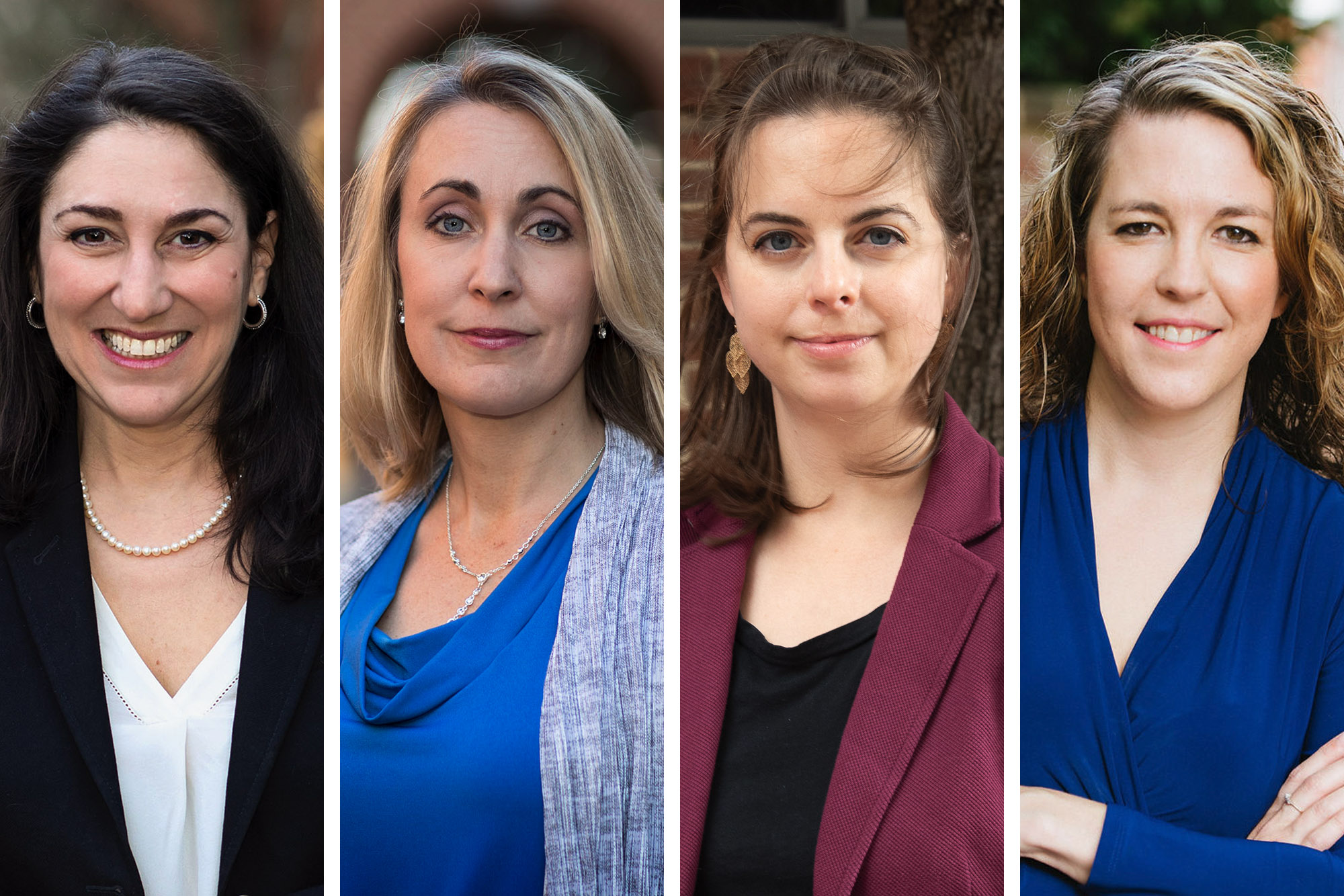In the days and months after a baby is born come a flurry of checkups. But after the first year of life, attendance at well-child visits often drops off.
That’s a problem for children with autism spectrum disorder, whose delayed diagnoses can pose cognitive, educational and social disadvantages, a new analysis by University of Virginia School of Nursing professor Pam DeGuzman and colleagues finds.
“Lots of parents may not understand these visits’ value, once childhood vaccinations are complete,” said DeGuzman, whose study appears in The Journal of Pediatrics, “but research has firmly established that kids who are diagnosed early with autism fare far better down the line the sooner interventions are made available to them.”
The longer we wait to diagnose autism, the more we’re missing out on that developmental window to provide interventions.
- Micah Mazurek
clinical psychologist and director of UVA’s Supporting Transformative Autism Research Initiative
DeGuzman studied 253 children diagnosed with autism born in Virginia in 2011, their attendance at routine well-child visits, and the average age at which they received their diagnosis and, consequently, behavioral interventions. On average, children ultimately diagnosed with autism spectrum disorder attended fewer than half of doctor’s visits during early childhood. Just one-fifth attended their 30-month well-child visit, and children who missed the 24-month, 30-month and three-year visits, were diagnosed with autism spectrum disorder on average more than nine months after than those who didn’t miss these key appointments.











